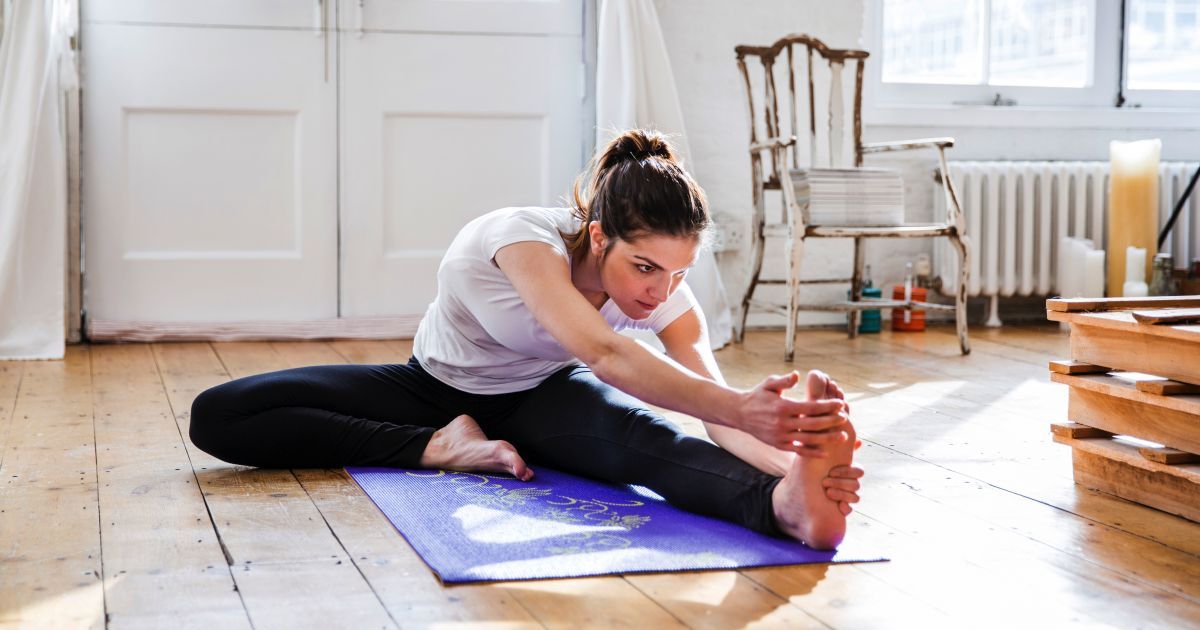Recovering After A Hip Replacement: What You Need To Know
According to the American Academy of Orthopedic Surgeons, in 2017 there were over 860,000 hip and knee replacement surgeries. If an individual has pain in their hips that prevent them from sleeping, such as advanced arthritis in the hip joints, it is not possible to do routine tasks or activities without assistance, or they experience dangerous side effects from pain management medication, it might be time for hip replacement surgery. While no surgical procedure is without risk, the benefits far outweigh any potential complications. If individuals have hip replacement surgery, they will reduce or even eliminate pain, restore movement and range of motion, increase their activity level, improve their sleeping habits, and become more self-sufficient without help.
Stretching And Exercise Are Key

As technology improves, the surgical and recovery process after a hip replacement are becoming even more remarkable. It is important to note patients must put in the work for the best results, and stretching and exercise are key to your success. Individuals will have to slowly ease back into stretching and exercise, such as ankle pumps and ankle rotations as they lay in bed. Patients can then work on knee bends and backside contractions, again as they lay in bed.
Additional bed exercises include sliding each leg to the side as far as possible, raising each leg until it becomes uncomfortable, and flexing their thigh muscles. Once patients can stand, they can do knee raises, slide their legs to the side, and move their legs forward and backward. They can then begin to walk and climb stairs. Once these activities become a bit easier, patients can advance to incorporating an elastic tube into their standing exercises.
Maintain A Healthy Weight And Diet

Hip surgery is not an overall pleasant experience, and it takes time to heal. However, the results make it all worthwhile. If patients do not take care of themselves before and after the surgery, they might just have to do it all over again sooner rather than later. Overweight individuals are more likely to require hip replacement surgery than those who are a healthy weight. If patients lose weight before the surgery, it can make the process easier by decreasing the amount of time they are under anesthesia, and it makes reaching the joints easier for the doctor as well.
After the surgery, if patients maintain a healthy weight and diet, they will have a faster recovery time, less risk of a blood clot developing and the hip replacement will last longer. If an individual cannot lose weight before the surgery, they should speak with their doctor and a nutritionist about a healthy weight loss program of diet and exercise to follow as they heal and beyond. They should avoid fad diets as they do not work in the long term.
